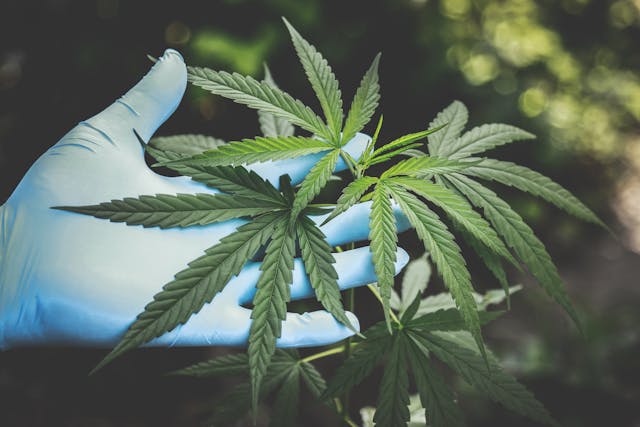Tennessee is poised to enact sweeping restrictions on intoxicating hemp-derived compounds as lawmakers across the United States continue efforts to rein in the unregulated but fast-growing sector. A bill redefining cannabinoids such as THCA and delta-8 THC to fall outside the legal definition of hemp passed both legislative chambers this month and now awaits Gov. Bill Lee’s signature, which is widely expected.
Meanwhile, lawmakers in Arizona, Arkansas, Florida, Hawaii and New Jersey are also advancing legislation or facing legal battles aimed at controlling the sale and distribution of hemp-derived intoxicants. In the absence of federal regulation, states are stepping in to fill a policy void left by the 2018 Farm Bill.
The Tennessee measure not only bans intoxicating hemp cannabinoids by redefining them as forms of marijuana, but also shifts oversight of products containing the substances – derived from hemp flowers – from the state’s Department of Agriculture to the Alcoholic Beverage Commission. The change positions the substances under a stricter regulatory regime, similar to alcohol and tobacco.
The bill, SB 1413/HB 1376, effectively closes a popular legal pathway for producing and selling high-inducing compounds under the hemp umbrella. Under the new definition, compounds like THCA – which converts to delta-9 THC when heated – are no longer considered hemp, even if the raw product contains less than 0.3% delta-9 THC by weight.
Farm Bill loophole
The surge in hemp-derived intoxicants can be traced to the 2018 Farm Bill, which legalized all hemp derivatives and downstream products as long as they have a delta-9 THC concentration of no more than 0.3% by dry weight. That definition, however, did not account for synthetic conversions or other psychoactive compounds derived from hemp, leaving a loophole that entrepreneurs quickly exploited.
Without federal rules to distinguish between non-intoxicating hemp products and chemically altered cannabinoids, states are left to build their own frameworks – some more permissive, others moving swiftly toward restriction or outright bans. As Congress debates a new Farm Bill this year, industry stakeholders and regulators alike are calling for clearer guidance to bring consistency and safety to the marketplace.
Read more at Hemp Today

